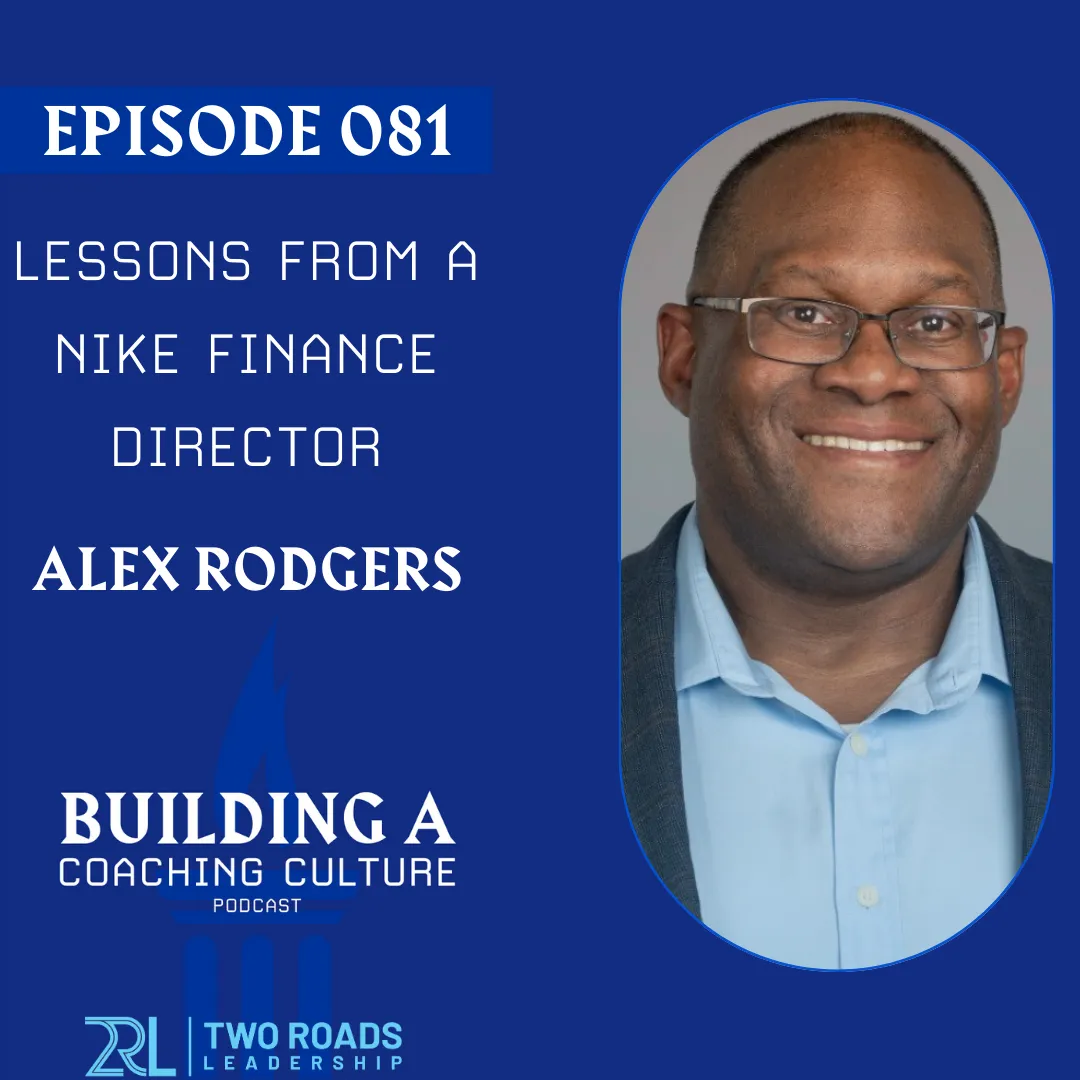In this episode, J.R. and Lucas Flatter are joined by our guest - Alex Rodgers, who is the Director of Financial Planning and Analysis for Nike Global Technology. He shares his insights and experiences in building relationships, embracing authenticity, and continuously improving as a leader. Alex takes us through his journey from West Point to Nike, highlighting the importance of understanding organizational environments and finding one's niche in the world of finance. He also emphasizes the significance of storytelling and simplifying complex finance ideas to effectively communicate with diverse audiences. This episode is packed with invaluable knowledge and practical advice for those looking to build strong leadership skills and create a culture of coaching within their own organizations.
Key Topics:
* The importance of building relationships outside of work.
* Understanding the organization's environment and creating value.
* What Finance Athletes are and how they contribute to value creation.
* How to navigate working in large organizations like Nike, Walmart, GE, and Chewy
* The importance of recognizing potential and building relationships.
Building a Coaching Culture is presented by Two Roads Leadership
Produced, edited, and published by Make More Media
Episode Links
Alex Rodgers
J.R. Flatter
Founder of Two Roads Leadership
Lucas Flatter
Resources
2RL 4 day Coach Certification Bootcamp
2RL ICF-Approved Coach Certifications and Trainings
Transcript
Automatic Transcription - please excuse any errors

